OUR WORK
PROGRAMS
PUBLIC-PRIVATE-PARTNERSHIP FOR EDUCATION EQUITY - PPP4EE
Public-Private-Partnership for Education Prosperity – PPP4EE-2033 Public-Private-Partnership for Education Equity (PPP4EE) aims to coordinate and procure the host of necessary resources to provide quality and equitable primary and secondary school education and vocational training in Nigeria.
Framework
The major challenge institutions of learning face in the 21st Century is how to best prepare students for a rapidly changing technology-driven global economy. The informed consensus on tackling the problem is by investing in educators, ensuring that teachers are able to acquire the skills and knowledge including the tools and resources needed to produce globally competitive students and professionals. To this end, teachers’ training is the core priority of our intervention scheme, in concert with the student-teacher ratio vis-a-vis class size. An important component of our framework is to build on the existing education infrastructure in Nigeria and collaborate with public-private stakeholders and the grassroots community (parents, students, teachers) to ensure the program’s success.

AFTER SCHOOL PROGRAM
a) Computer Literacy
The topics covered here will introduce you to a similar set of topics about computers. When you finish, you’ll be just as prepared to “drive” a computer, as you were to drive a car when you finished Driver’s Ed. Scary thought, isn’t it? That clearly means you will need lots of practice with a skilled “driver” in the passenger’s seat before you can be considered “safe on the road!” But we can get you started! You’ll understand the basic ideas behind computers, some of the ills that affect computers, and some of the basic safety measures to take to keep your computer healthy. You’ll gain some knowledge of how we got to today’s computers and what lies ahead. It will be great!
The Computer Basics unit does not require you to touch a computer, except to read the lessons. Other lesson units guide you in actually using a computer, starting with Working with Windows

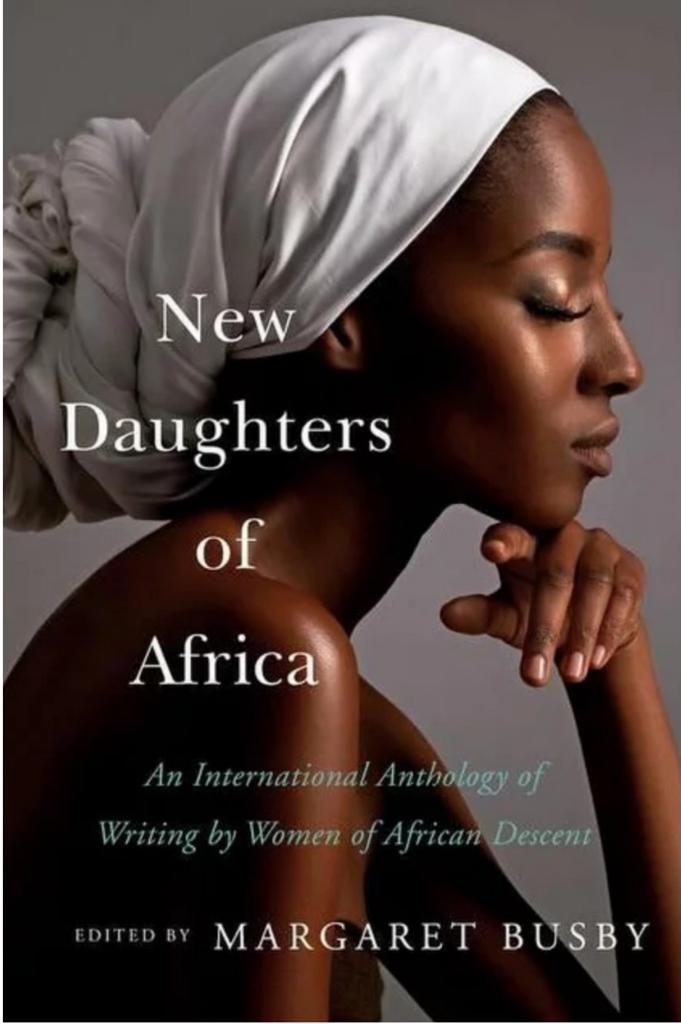
b) Writing and Reading Club (Find Content)
Students will read, speak, write, listen, and think about literature and respond through journal entries, group discussions, book talks, and literature circles. Writing assignments will be in response to literature with one research project involving an investigation of reading and writing in the workplace. How to Implement a Reading & Writing Workshop
c) Farm to School
The New York State Farm-to-School Program was created to connect schools with local farms and food producers to strengthen local agriculture, improve student health, and promote regional food systems awareness.
The Department provides financial assistance to New York State schools through New York State’s Farm-to-School program. It also provides technical and promotional assistance to schools, farms, distributors and other supporting organizations to bring more local, nutritious, seasonally-varied meals to New York students.

Free Farming Course for High School Students & Professional Development for Teachers

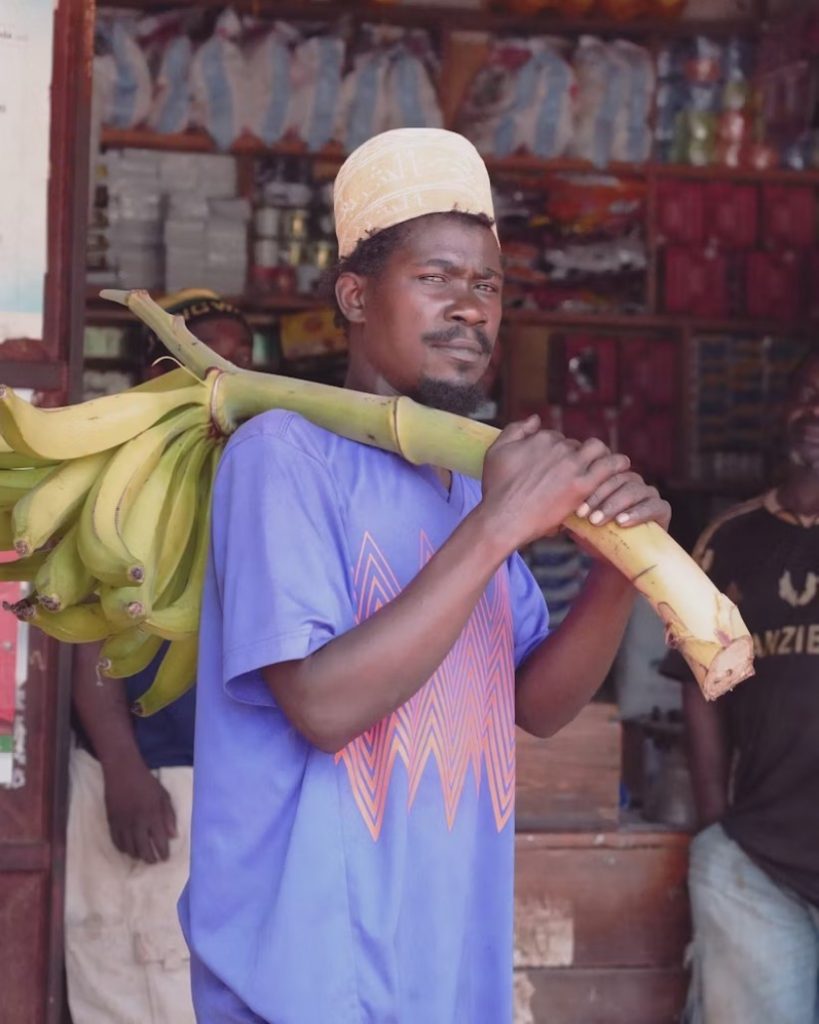
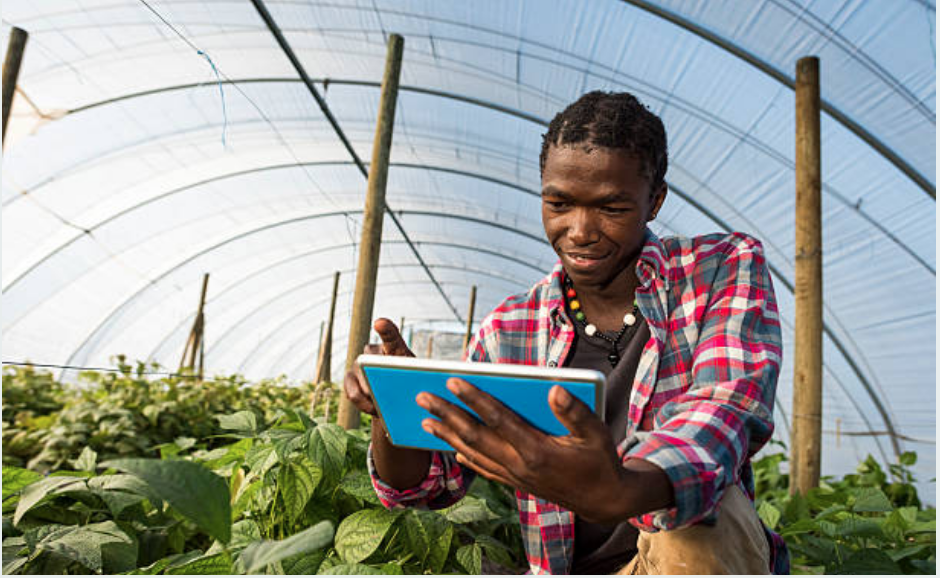

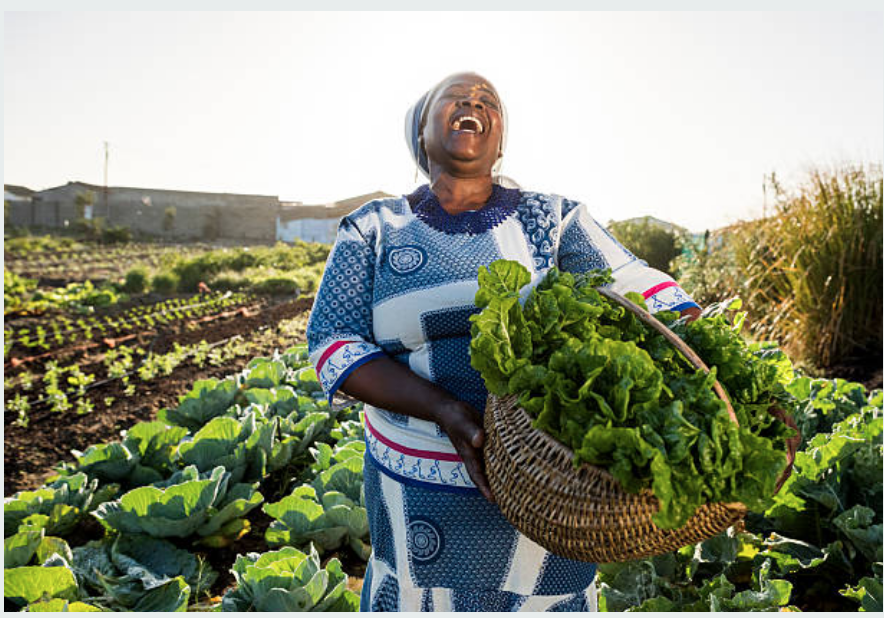
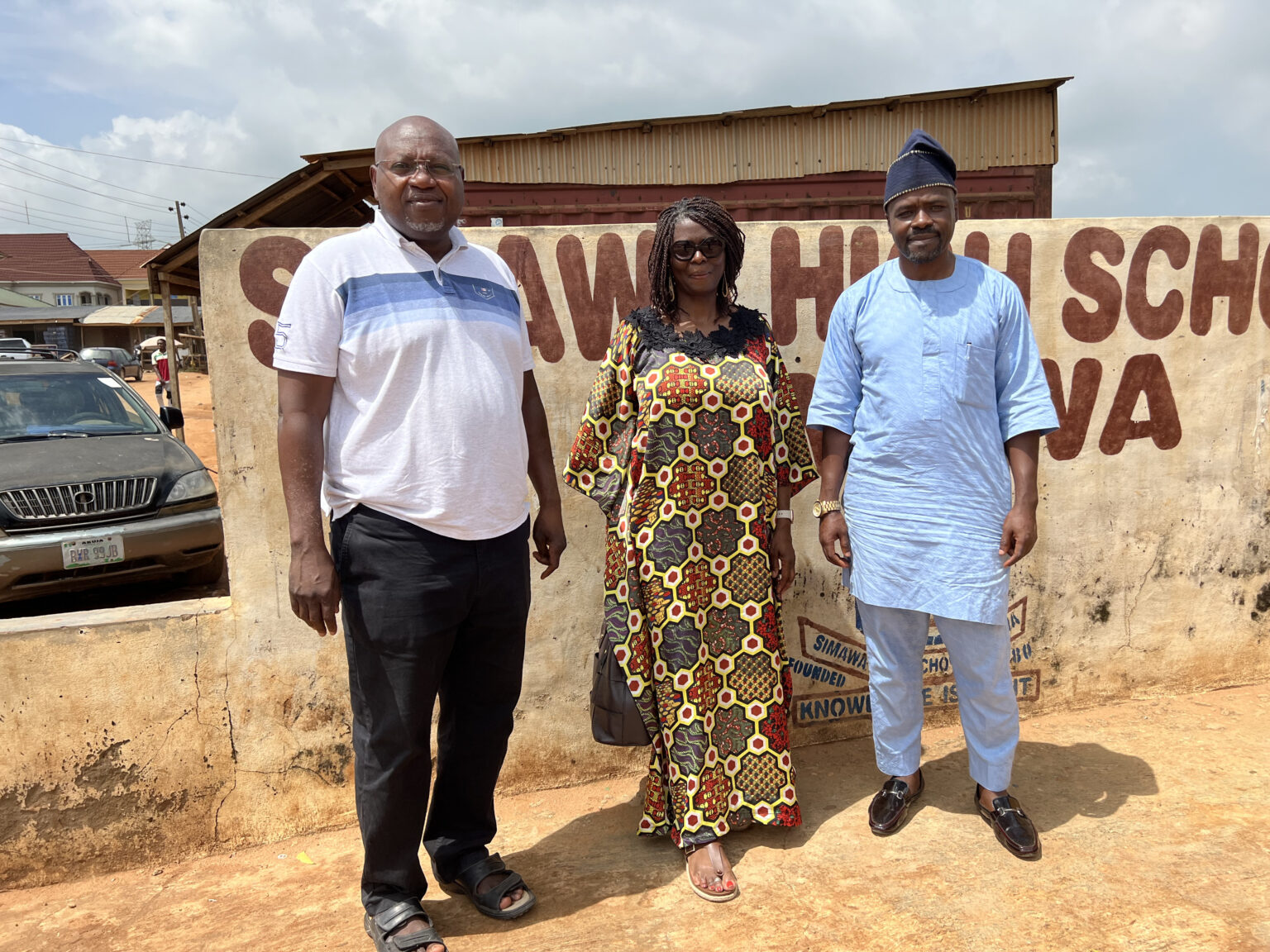
COMMUNITY ECONOMIC EMPOWERMENT

a) Women Sewing Cooperative
BRG’s role in this project include the following activities:
- Procure sewing machines
- Capacity training of cooperative members in accounting and bookkeeping skills
- Capacity training provided on sewing skills
- Connecting the Cooperative members to the wholesale market in Nigeria
- Formalizing and register the cooperative
The objectives of this project were to:
- Increase general well being of target groups families through increased income
- Empower women within the community
- Effect gendered perceptions on women within the workforce
- Improve nutritional intake with access to more food choices
BRG will support the cooperative for 5 five years and handover to the female cooperative members thereafter.
b) Farmers Cooperative

The objectives of this project were to:
- Increase general well being of farmers, their families and the community at large
- Energize the local economy and increased income for farmers
- Assist farmers in getting their goods to the main market for added value so they can get more money for their goods
BRG’s role in this project include the following activities:
- Provide technical training and logistic support to set up and operate the cooperative
- Invest in buying and and transporting the produce to the market, connecting farmers to consumers
- Ensuring access to locally produced staples and nutritious fresh fruits and vegetables
COMMUNITY ECONOMIC EMPOWERMENT
The goal of the initiative is to raise $1million by March 2023 to demonstrate that the diaspora has the ability and financial wherewithal to move beyond sending home cash and ready to invest in the people. Remittance flows to sub-Saharan Africa were recorded to be $48 billion in 2019 but the true total is likely to be significantly larger. Nigeria alone received about half of total remittance flows to sub-Saharan Africa. Redirecting 1% of the diaspora ($48 billion) annual remittance will yield $480 million in FDI. The proposed $1million by BRIC is a drop in the bucket but we need to begin to fill that bucket.

